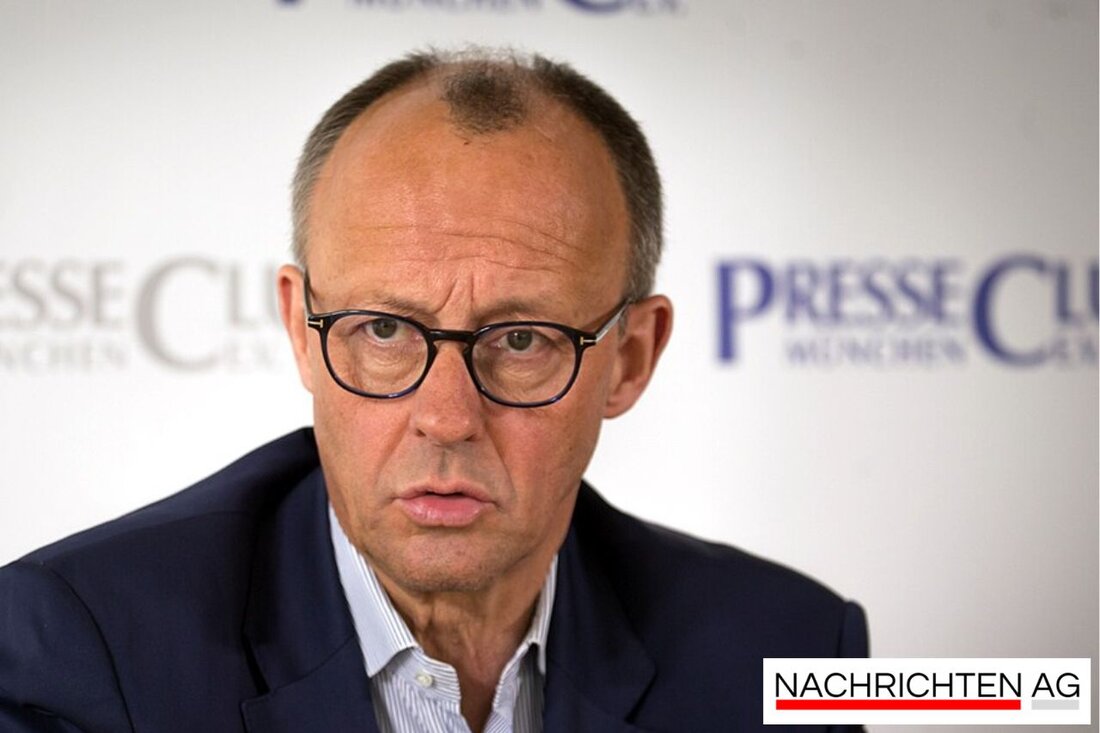Steel Summit: Rehlinger demands five cents for industrial electricity prices!
On November 6th, 2025, Anke Rehlinger is calling for an industrial electricity price of five cents at the steel summit to increase competitiveness.

Steel Summit: Rehlinger demands five cents for industrial electricity prices!
The German energy debate is simmering, and not without reason: before today's steel summit in the Chancellery, in which, among others, Chancellor Friedrich Merz and Economics Minister Katherina Reiche are taking part, the topic of industrial electricity prices is being hotly debated. The Prime Minister of Saarland, Anke Rehlinger (SPD), has clear demands: She is campaigning for an electricity price of just five cents per kilowatt hour in order to ensure the competitiveness of the industry. This is particularly urgent since around 12,000 jobs in Saarland depend directly and another 20,000 indirectly on the steel industry Press Augsburg reported.
Rehlinger is not only calling for a clear roadmap for industrial electricity prices, but also for an acceleration of the expansion of the hydrogen infrastructure and the establishment of green markets for sustainable steel. With “buy European” regulations, it wants to create an additional incentive to give preference to green steel from Germany in government procurement.
Focus on industry competitiveness
The issue of high electricity prices has been a hot topic at home and abroad for years. Federal Minister of Economics Katherina Reiche (CDU) has now announced the introduction of a reduced industrial electricity price for January 1, 2026. This is intended to help companies that are heavily dependent on electricity and comes as part of efforts to strengthen German industry. However, IG Metall is already warning of possible job losses amounting to tens of thousands if competitiveness is not secured daily news emphasized.
This new regulation aims to ease the burden on the electricity market. The average electricity price for small and medium-sized industrial companies is currently up to 18 cents per kilowatt hour, which is considered extremely high by international standards. Industrial companies are increasingly under pressure to reduce their costs in order to remain competitive. This discussion is therefore part of the core of the steel summit, where the resilience of production structures and trade relations are also on the agenda.
Political divergences and future prospects
However, there are different opinions within the governing parties about the industrial electricity price. While the Greens are also aiming for a price of five cents for two-thirds of consumption, some of their members fear that this could jeopardize the energy transition. Detzer from the Greens emphasizes that no one wants permanent subsidies, but at the same time does not want to be dependent on 100 percent steel imports. This leads to a fruitful but heated debate about the right balance between environmental protection and economic necessity.
The creation of the new regulation is still in flux and is under the supervision of the EU Commission, which must ultimately agree. In June, this gave the green light for an industrial electricity price that provides a discount of up to 50 percent on the wholesale electricity price in order to achieve the goal of competitiveness, reports South German newspaper.
Such planning could require billions of euros in state funding from the Climate and Transformation Fund in order to bring industrial electricity prices to reasonable values. It remains to be seen whether these measures will prove sufficient to keep German industry on track and secure the jobs that are at stake.

 Suche
Suche
 Mein Konto
Mein Konto